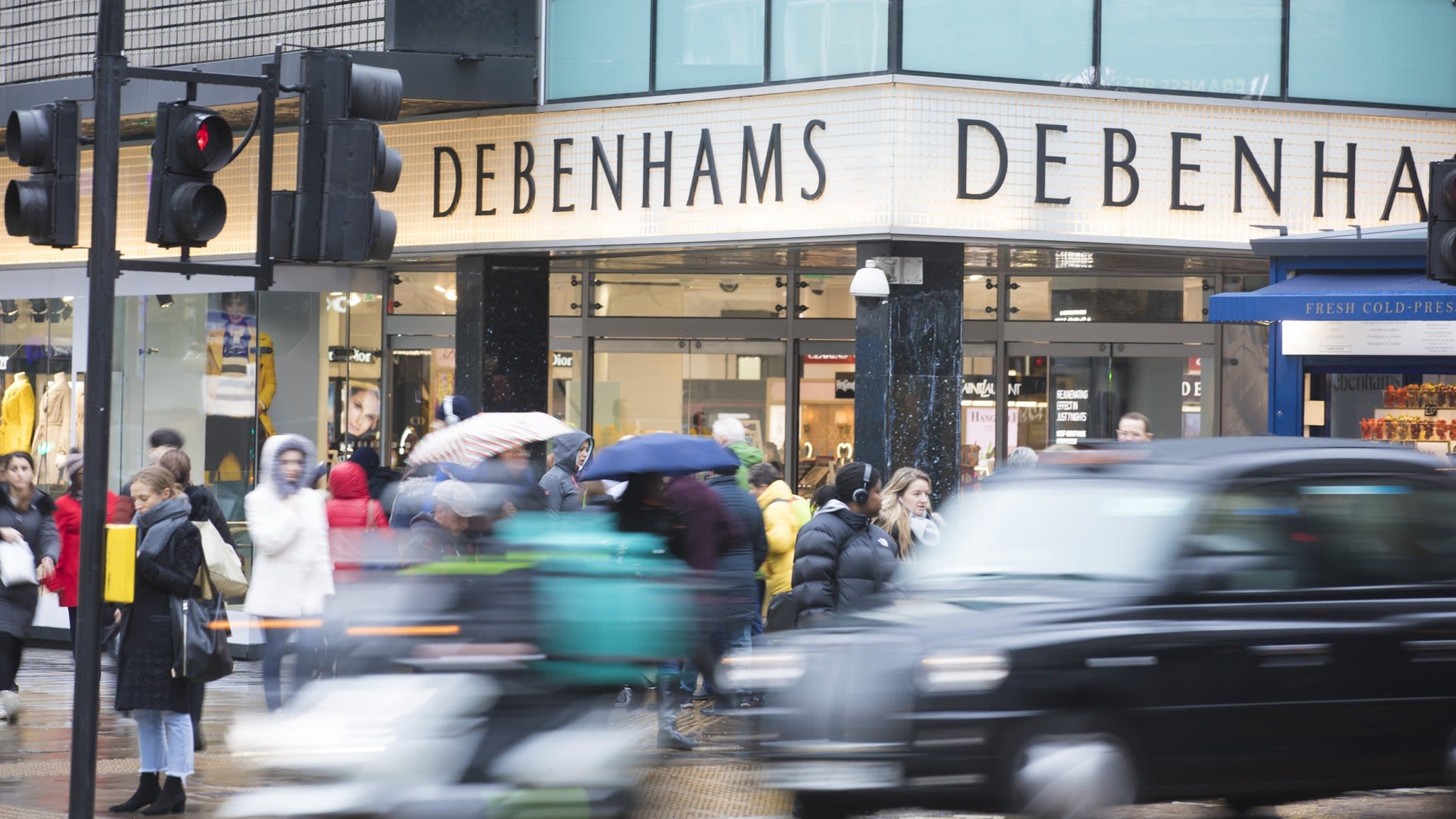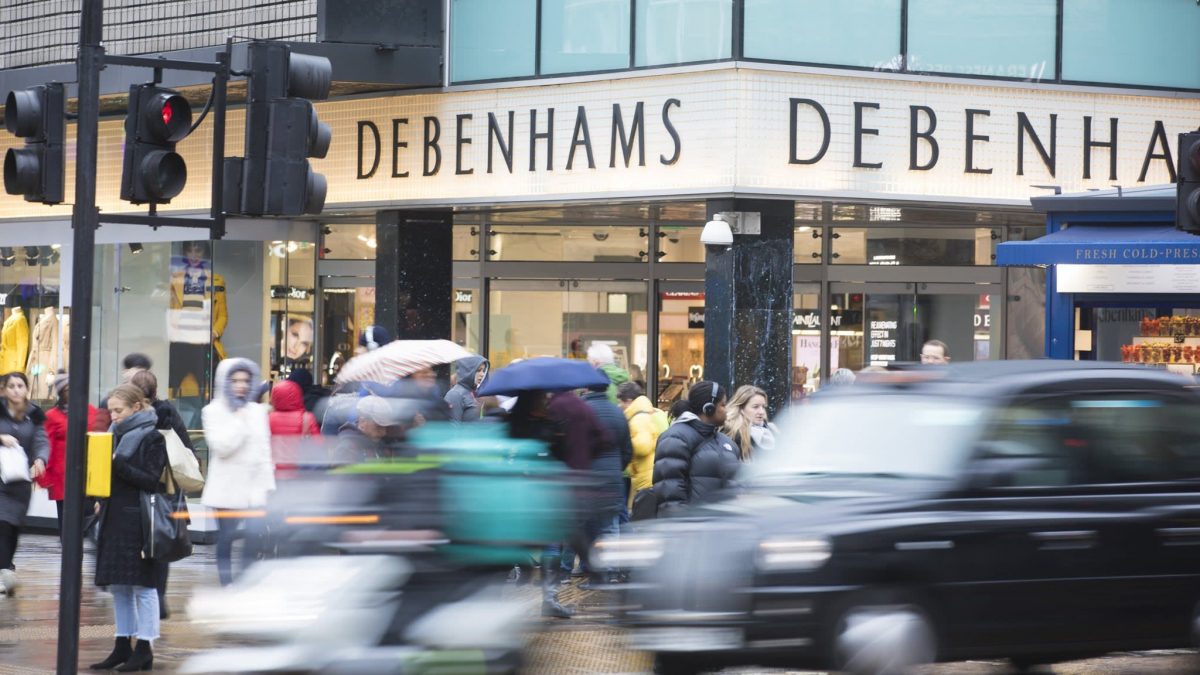
UK retail is having a miserable time. Sales fell during the Christmas period, and profit margins are under pressure across the sector. Hoodie-maker Superdry this week warned of declining revenues, Tesco is cutting thousands of jobs and Debenhams is struggling to refinance its loans.
We are in the middle of the kind of paradigm shift that occurs when a new technology, concept or set of circumstances challenges a sector’s model. Canals gave way to railways and roads; email is precipitating the decline of posted mail. The last shift in retail came in the 1950s, when the advent of supermarkets made separate visits to the butcher, baker and candlestick-maker unnecessary. Self-service and consolidation brought lower costs, faster processing, greater volume and higher profits. The truly great butchers and fishmongers did not disappear, but others did.
In retailing, evolution is driven by fundamentals: what customers want to buy and how they choose to shop. Success is largely unfettered by government controls or diktats. Yet we are now hearing cries for government to help alleviate the challenges that retailers face. I believe there is a better way.
Three interconnected factors are causing turbulence in the sector. First, increased costs. Some are short-term, macroeconomic issues like the devaluation of sterling following the Brexit referendum. Others are self-inflicted: retailers such as House of Fraser, who once enjoyed windfalls from selling and leasing back their stores, are now struggling with unmanageable rent bills.
Second, although margins are squeezed, price increases are not a realistic option. Low-cost retailers now have a strong UK foothold. There is Primark in clothing and Poundland in general retail. Discounters Aldi and Lidl have a 13 per cent share of the grocery market and are expanding rapidly.
Finally, there is technology. Some 20 per cent of sales are now online, including 7 per cent of food retailing, and that is growing. Marks and Spencer, Tesco and Sainsbury’s are having to invest in online sales even though they yield lower margins than customers trundling trolleys around stores. High street retailers, which built their dominance on having chains of shops close to their consumers, must rebalance their portfolios. There is too much capacity when you add together shops and online.
So, is there a role for government to help protect the 900,000 jobs the British Retail Consortium says could disappear over the next five years? Some of the high street’s increased costs are due to business rates, which currently penalise physical outlets. But reforming them to tax sales instead of property would not help the likes of Next and John Lewis, which are investing heavily to build their online capability.
Instead, I believe the regeneration of the high street rests on changes that companies must deliver. Innovation will help new entrants make a mark and established retailers enhance their offerings. Companies including Appear Here, an online marketplace for renting temporary retail space, are disrupting traditional physical retail. Harvey Nichols is experimenting with chat and video services and Walmart, the world’s largest retailer, is rolling out robotics and augmented reality.
We also need greater efficiency. Dealmaking can and should play an important role, and retailers who have taken the initiative should be applauded. Tesco merged with Booker, Morrisons with McColl’s — creating more sustainable businesses. We now have Sainsbury’s prospective tie-up with Asda.
Provided consumers still have plenty of choice, this type of move will lead to higher investment and better offerings for customers and government should not stand in the way. Doing so would be as futile as banning supermarkets would have been in the 1950s.
The writer was formerly a minister of state for trade and a Waitrose managing director

